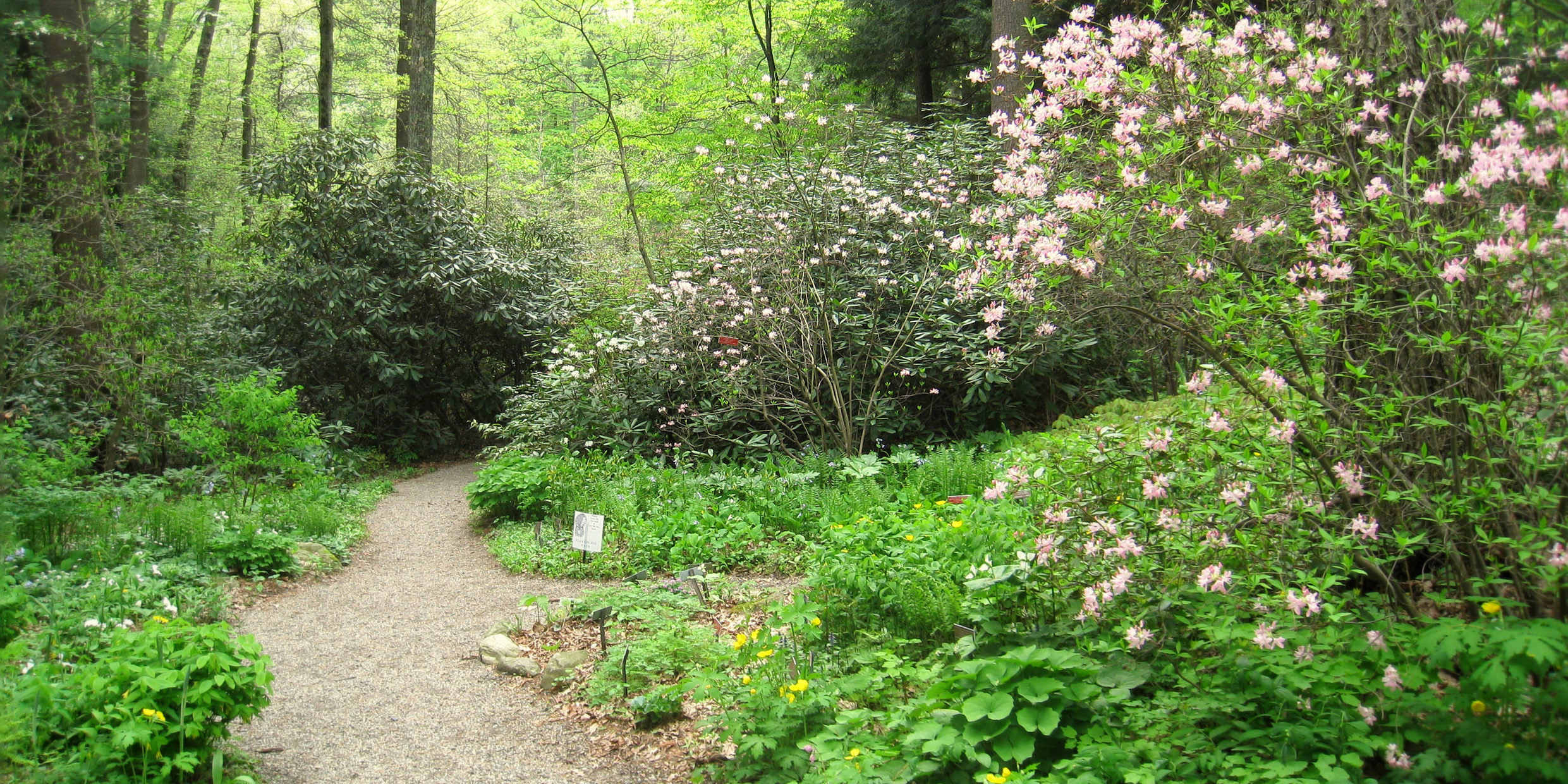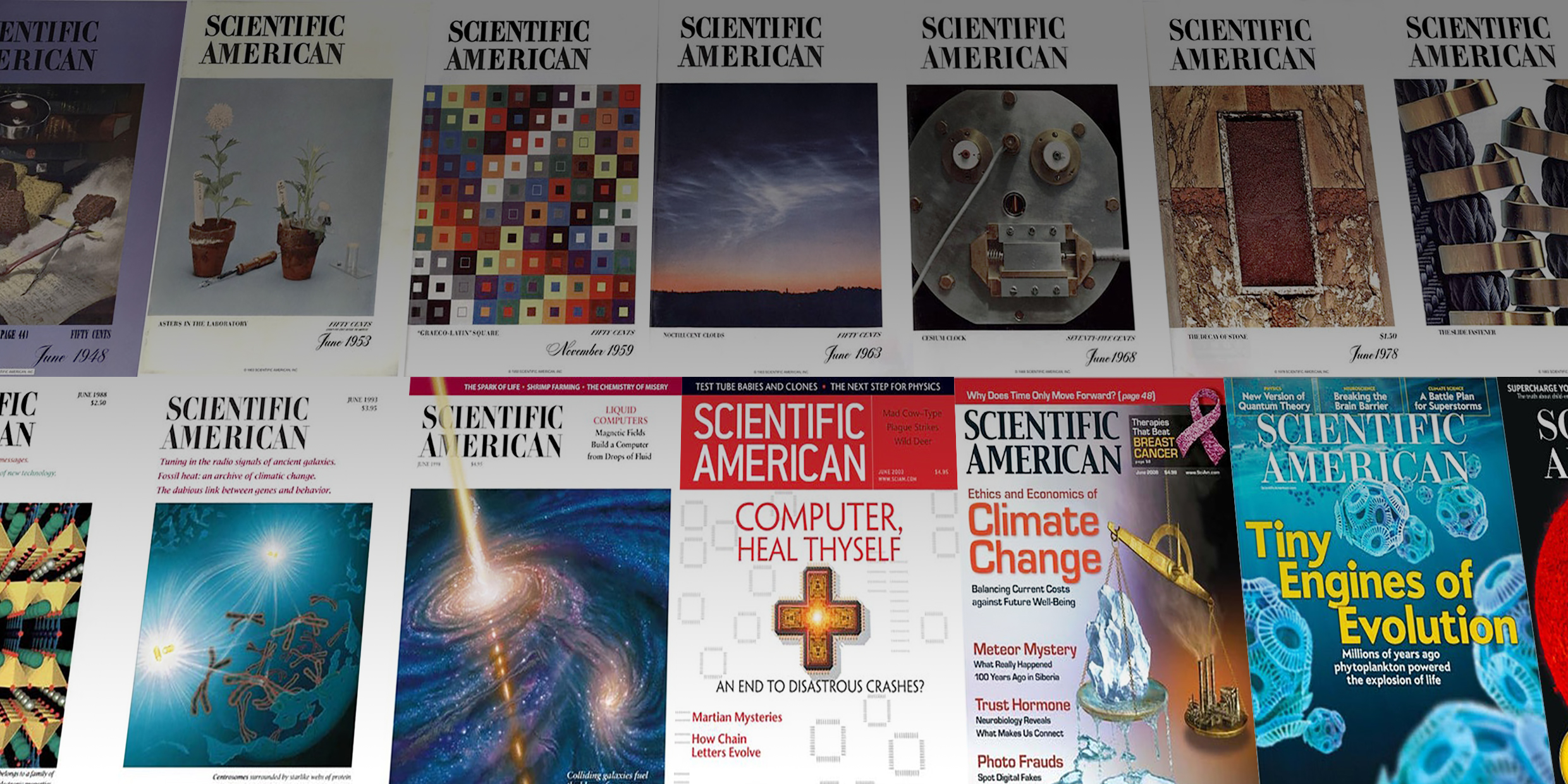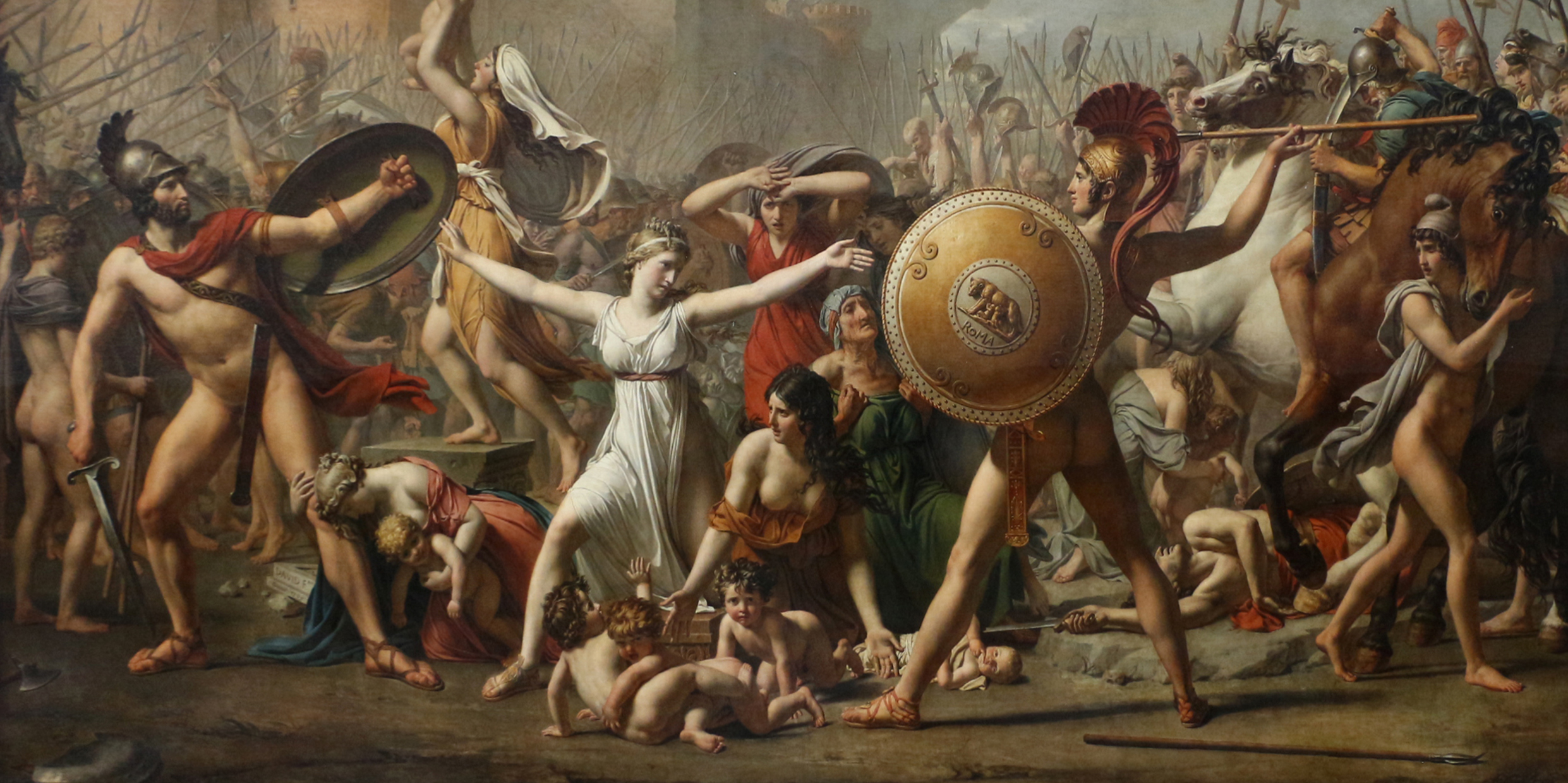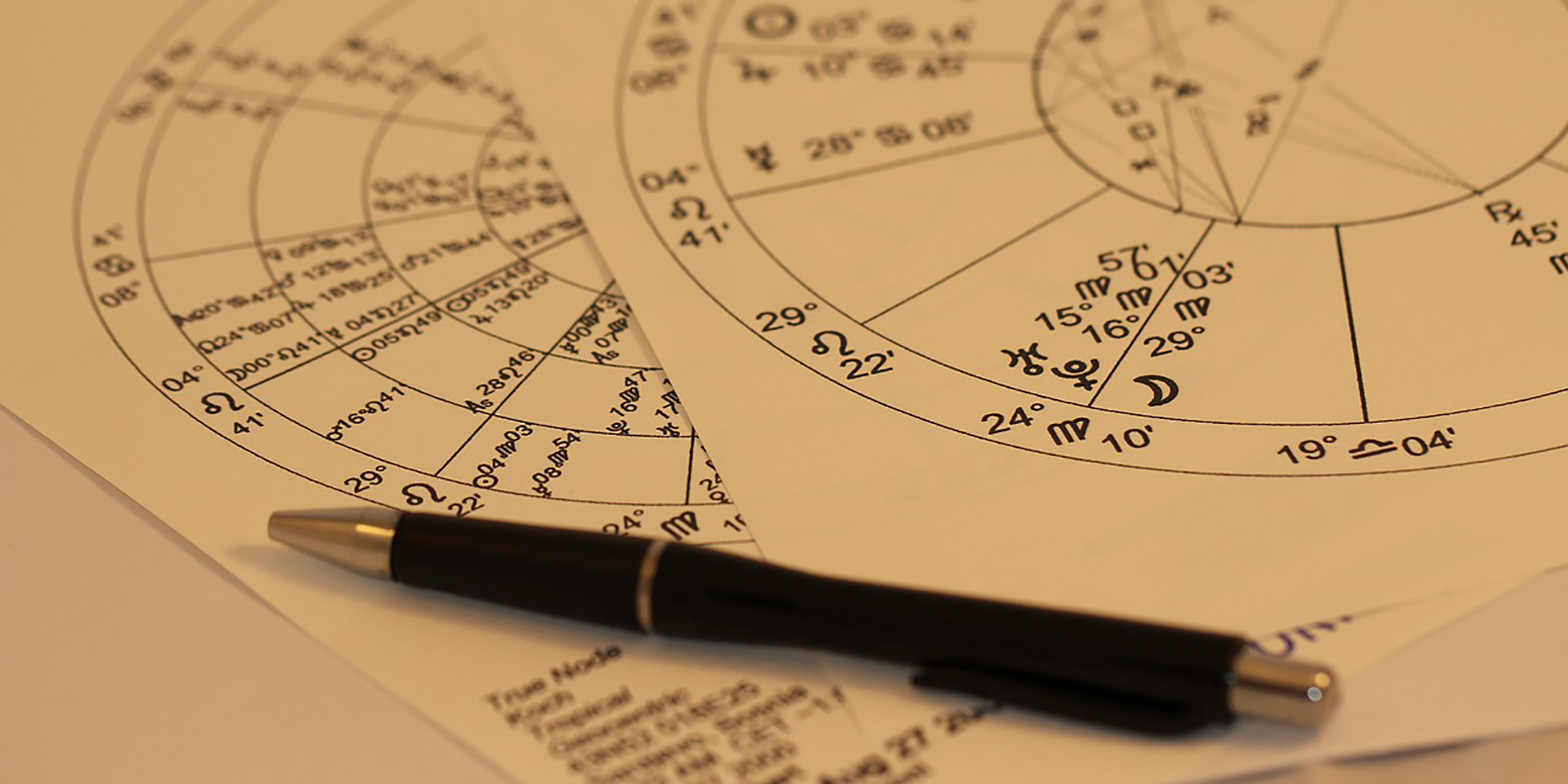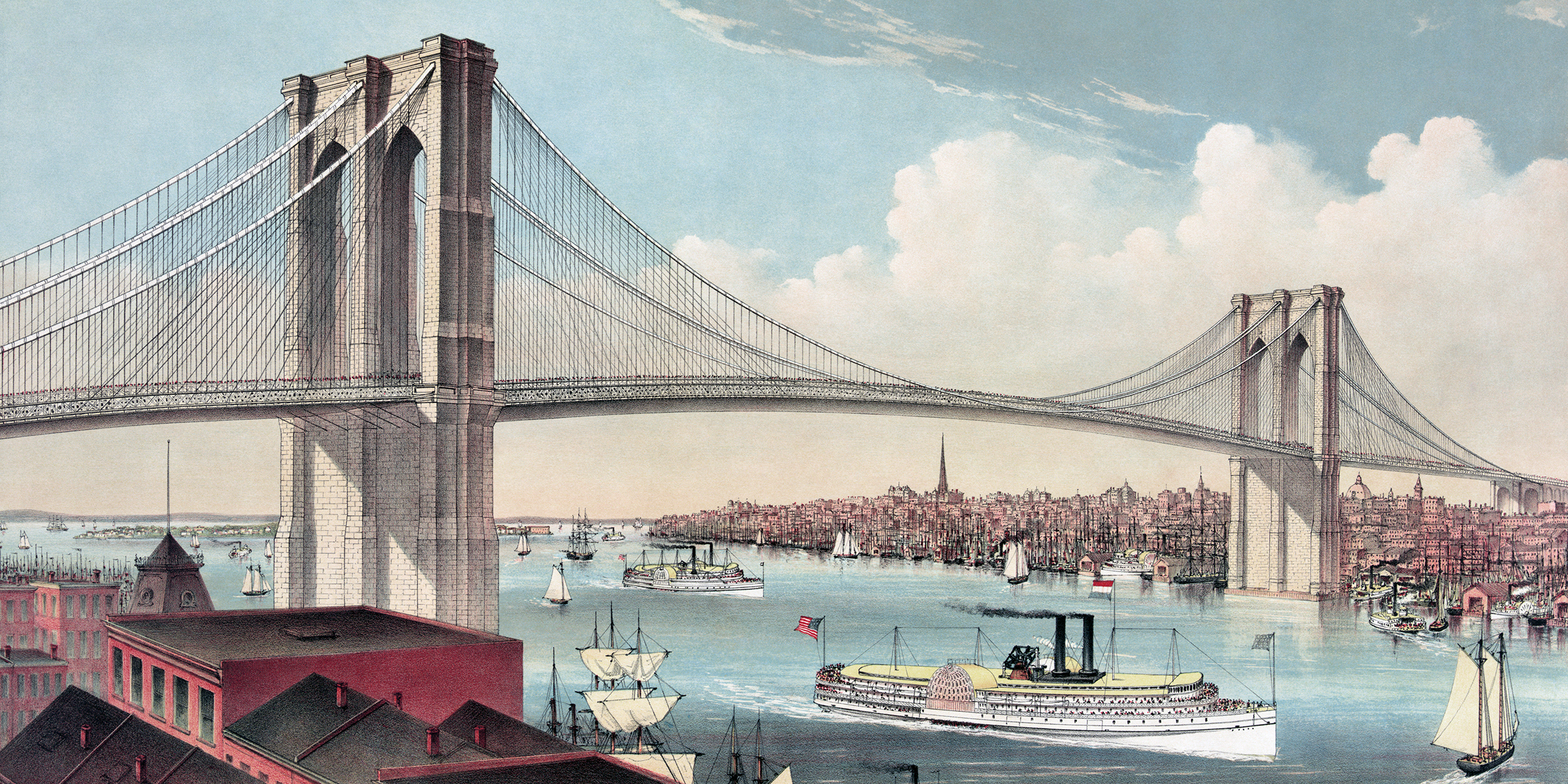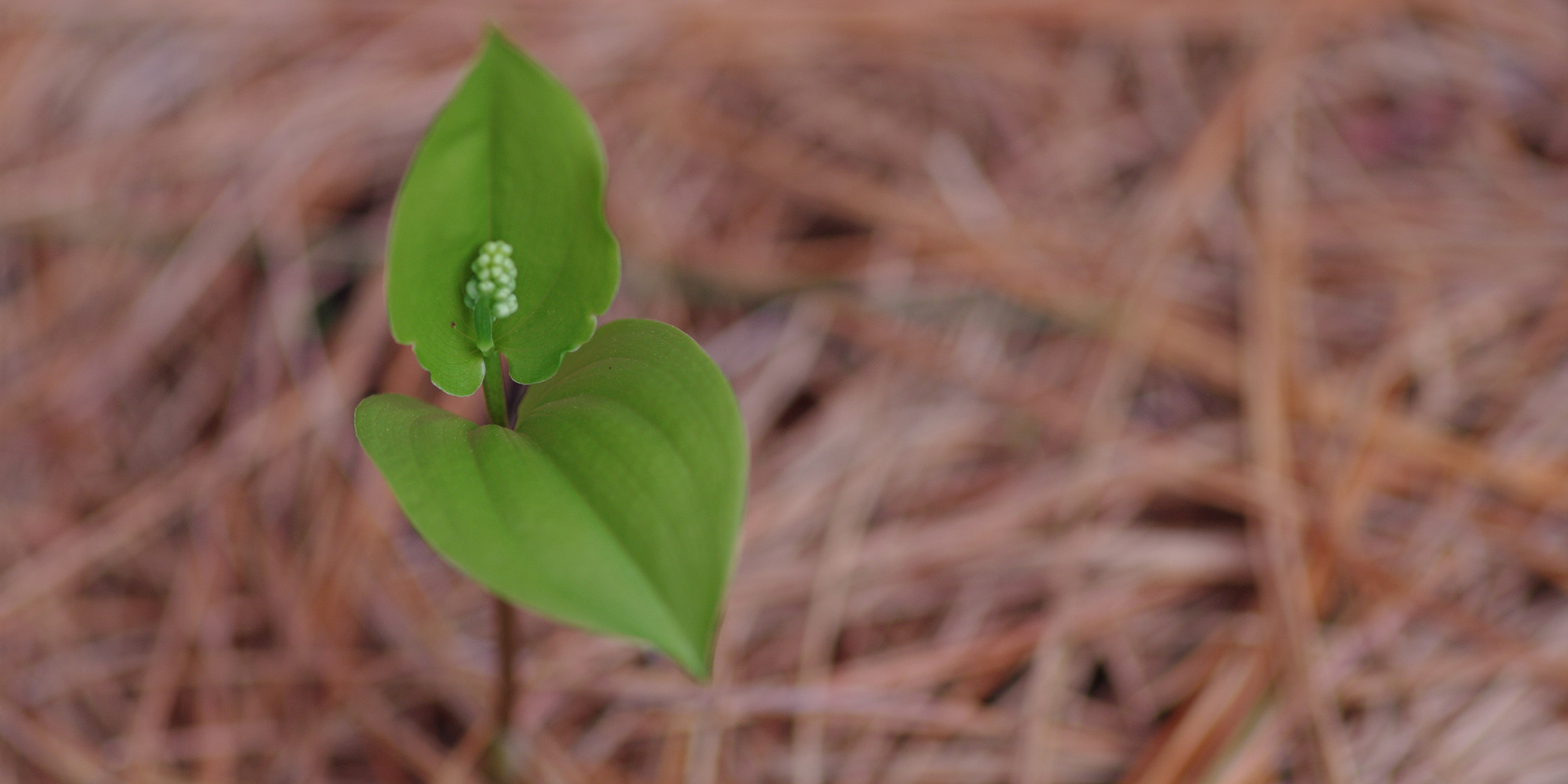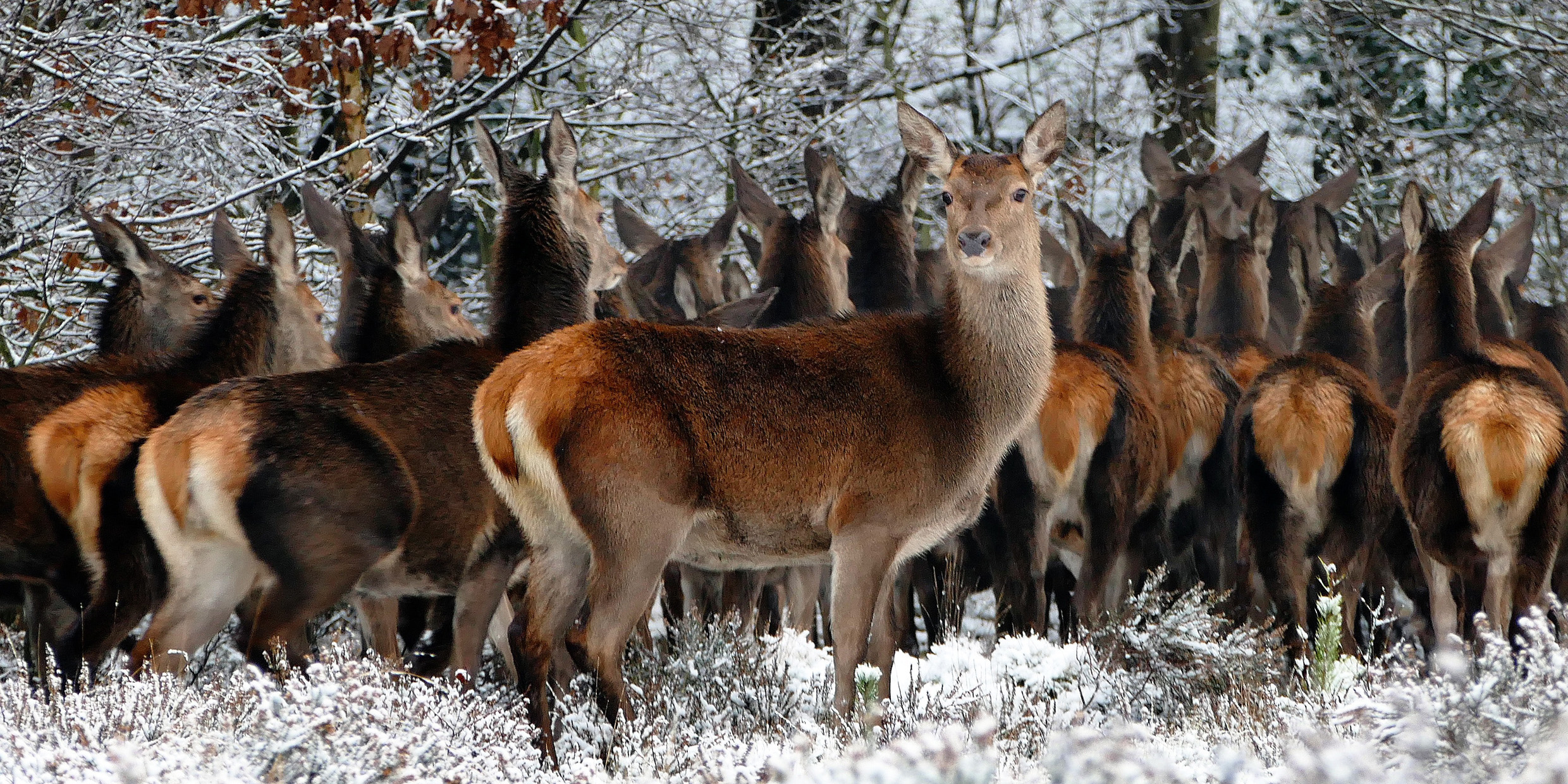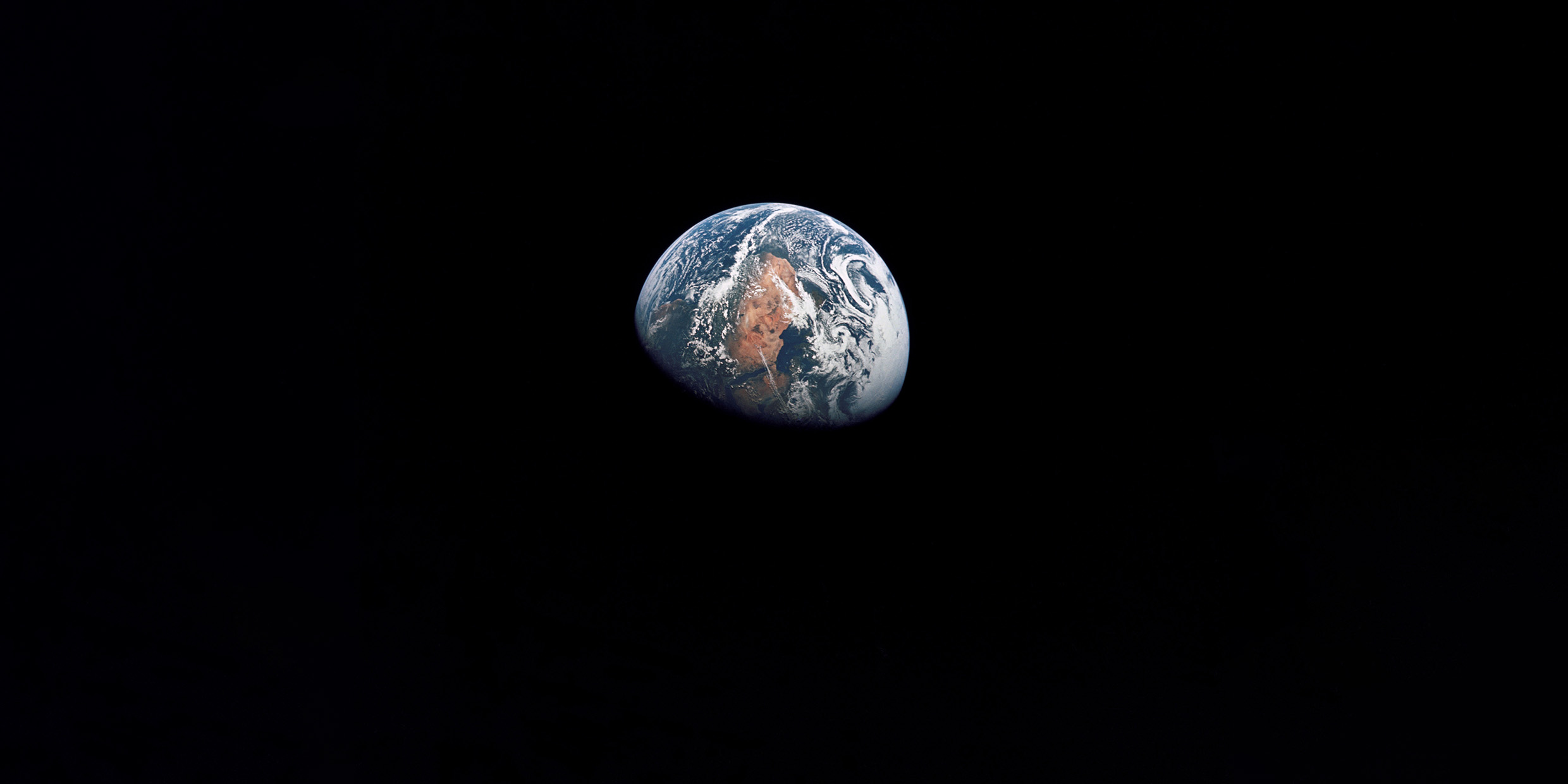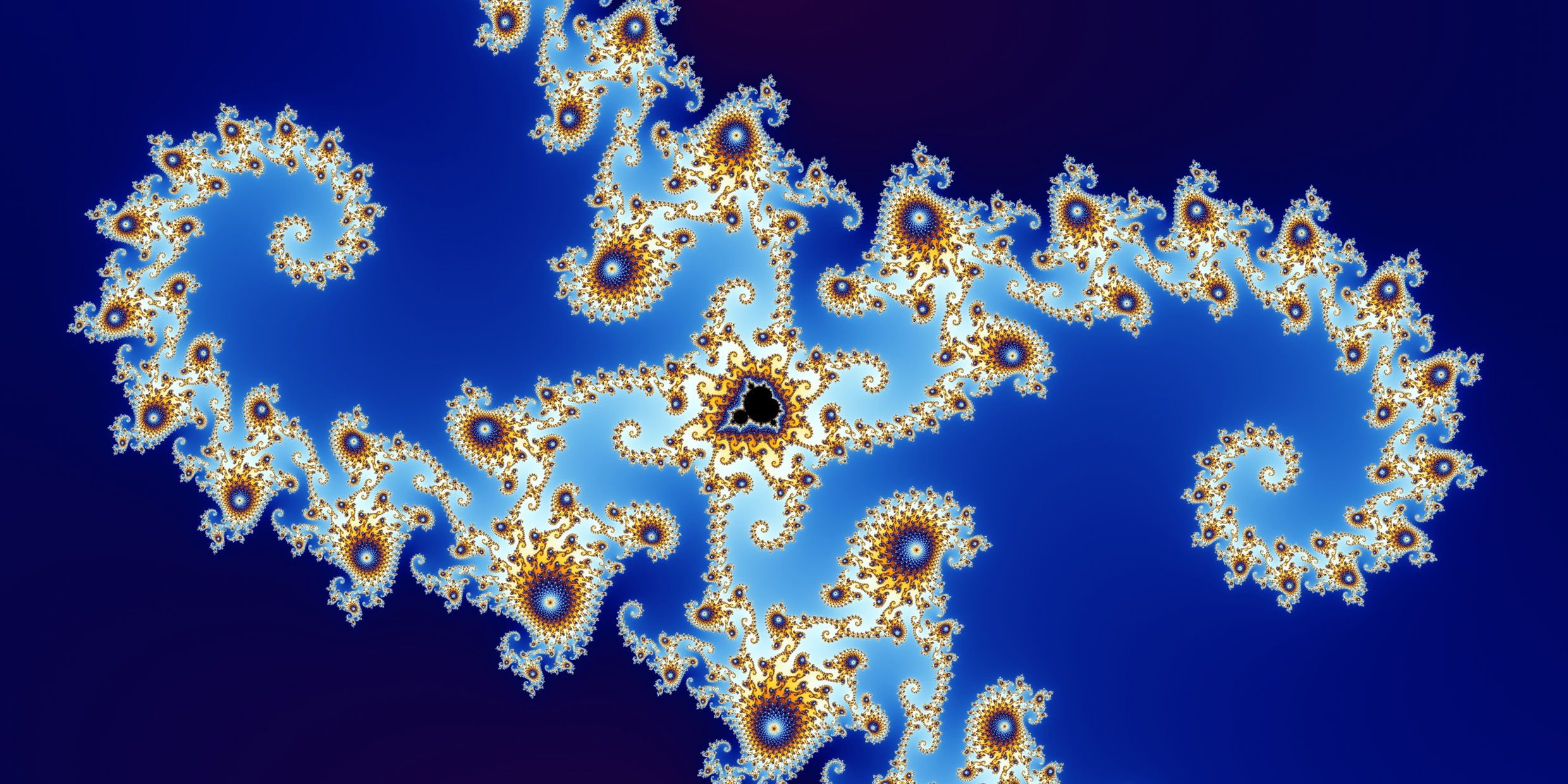I have no taste for formal gardens. Banks of gladiolas, no matter how colorful and variegated, hold no attraction. Acres of tulips, or azaleas, or roses might as well be grass.
Articles from January 2020
And many happy renewals
In November 1959 I received in the mail my first issue of Scientific American. I was a graduate student in physics at the time and my new spouse had given me a subscription to the magazine for my birthday.
Social behavior and genes
Here are two stories I read within an hour of each other — one an attitudinal survey of teenagers in Rhode Island, the other an anthropological study of the Yanomamo tribe of the jungles of Brazil and Venezuela. Is there a connection? You decide.
The astrologer and the scientist
After the Reagan-inspired media blitz of the last few weeks, you have probably heard all you want to hear about astrology.
Gods no longer
New York’s bridges are falling down. According to a report in the “New York Times,” about a third of the city’s two thousand bridges are considered to be structurally deficient.
The force — tons of it — is with the mayflower
On the floor of New England’s oak woodlands, the Canada mayflower (wild lily-of-the-valley) is making its play for the sun. Like two greedy hands, the paired green leaves of that ubiquitous little plant are reaching for sunlight, softening the winter woods and teasing us toward summer.
Birds and bees and Bambi
The week before last, the Humane Society of the United States sponsored a scientific conference in East Windsor, New Jersey, that considered among other things the use of contraception in wildlife management. Participating scientists hope to find practical ways to chemically regulate the fertility of wild mammals.
A view we need
A friend gave me a new poster from the Smithsonian Air & Space Museum called Space Explorers, a compilation of small portraits of all persons who have spent at least one Earth-orbit in space.
Not a clock — a computer
A story by Barry Cipra in [the Mar. 25, 1988] issue of “Science” draws attention to a looming “crisis in mathematics.” The crisis has to do with the teaching of calculus, the branch of mathematics that has long been the cornerstone of education in science and engineering.
It’s not your clock — it’s the world
Yesterday was one of those days that make you want to throw out the clocks and calendars and go back to keeping time by the sun and seasons.
